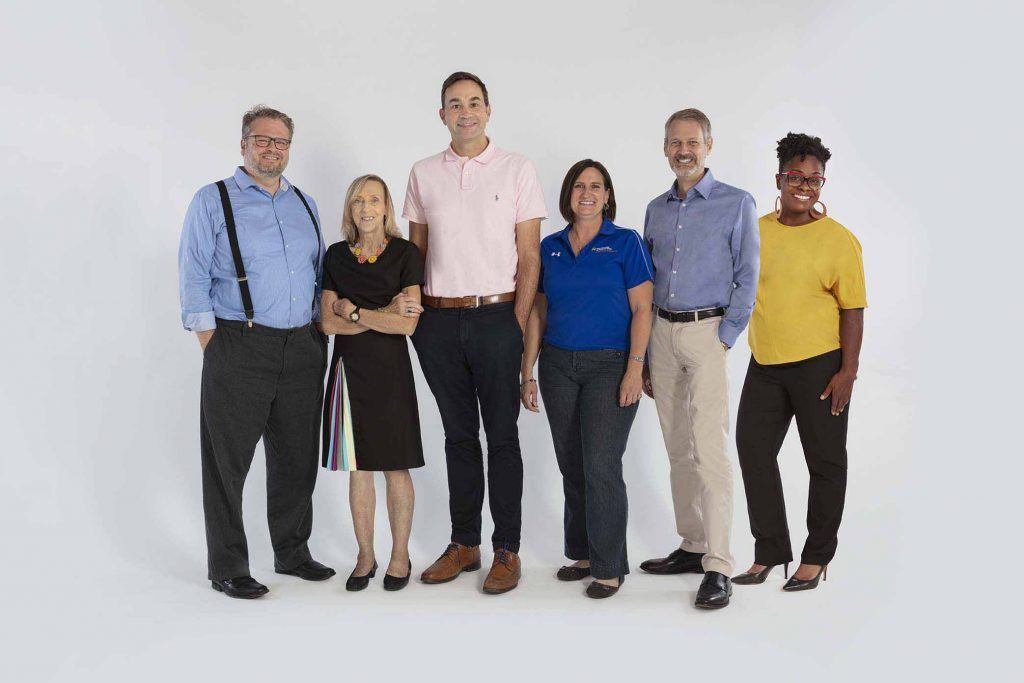Career Access Navigation
The Centers, which provides health, family and workforce services at 12 locations throughout Greater Cleveland, teamed up with the Greater Cleveland Regional Transit Authority (GCRTA) and Sway Mobility to offer individuals coming to its El Barrio Workforce Development Center access to transportation to get to training, interviews, jobs, and other needed supports to help them secure and retain employment. Through free bus passes and access to an electric car share service, among other supports, the pilot sought to demonstrate more equitable transportation solutions to stakeholders and community members.
What Was Tested
Fare equity has emerged as a significant issue for public transit agencies. In Cleveland, it has been observed that transit riders without access to upfront capital end up paying 30% more each month in daily passes versus the cost of a monthly pass. This pilot enabled the GCRTA to test the potential for a new fare structure and a future fare capping mechanism.
The Results
El Barrio client Delvon Pheleps said the bus passes allowed him to see family and run errands. In fact, he was on an RTA bus when he noticed a recycling center on the city’s East Side and approached workers about job opportunities. Pheleps started working there for $14 an hour and is now making more than $18 an hour. He said he would not have been able to afford a bus pass before the program and doubts he would have landed this opportunity.
Maribeth Feke, RTA’s director of planning, said the pilot feedback affirmed that fare affordability is “a major barrier to the use of transit” among lower-income individuals, something the agency had also heard during its 2019 fare study. RTA is currently considering fare capping or other payment reforms to create greater equity, Feke adds.
José Feliciano Jr., external affairs manager at the RTA, said the pilot also showed that affordable transportation can help chip away at certain socio-economic inequities, like access to health care, quality childcare and even natural environments, that ultimately contribute to job insecurity and economic distress. Another big takeaway was that individuals using the passes “mostly sought job opportunities closer to where they lived, even if they paid less,” said Feliciano.
“Many of our clients are African-American single mothers and they don’t want to be an hour away on a bus if their child needs something or the person they care for at home needs something,” said Aysha Wilburn, director of 2Gen Strategy at The Centers. “But even beyond that, I do think people want to live and work in the same area because that’s where their family is, that’s where their support system is.”
Given the overwhelmingly positive impact of the transit passes, Wilburn said the next steps for The Centers will involve seeing how it can continue to provide free or subsidized transportation options to workforce clients. She wants to extend those benefits to individuals using its early learning programs and health care services as well.
Excerpted from a Crain’s Content Studio-Cleveland article published December 5, 2021.



